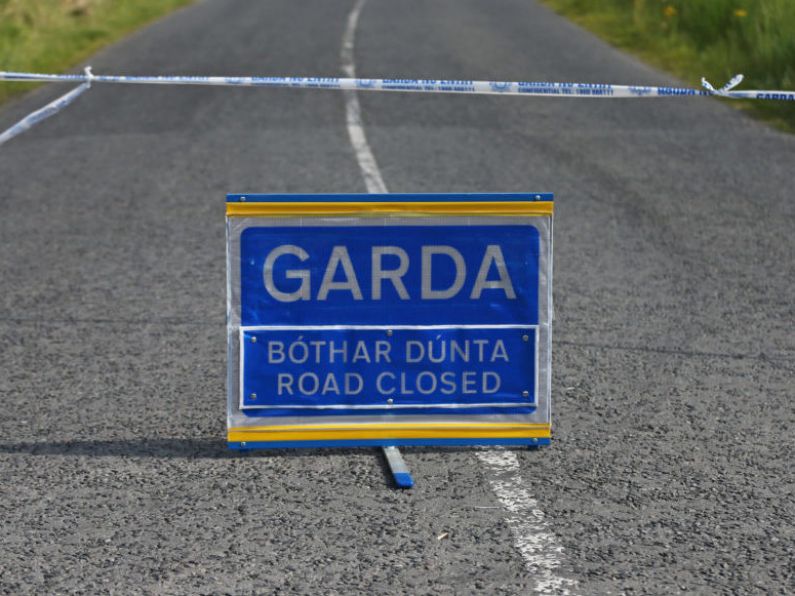Ireland’s new laws criminalising the purchase of sex will work in cutting trafficking and sexual exploitation according to a new report - but those behind the research said it could also be improved by the imposition of “on-the-spot” fines.
A comparative report entitled ‘Disrupt Demand’, published by the Immigrant Council of Ireland, looked at the laws in six EU member states including Ireland.
It found that criminalising the purchase of sex, while decriminalising those in prostitution, was the best way to end demand and tackle trafficking.
Ireland’s laws were only introduced early last year and figures are still not available as to the number of people prosecuted. It is understood there have been no convictions so far and that some have failed to result in a prosecution.

A spokesperson for the Department of Justice said: “The Department is still awaiting figures from An Garda Síochána in respect of the number of people convicted of or charged with buying sex.”
The Immigrant Council report noted that while countries have been keen to follow the Swedish model, it has proved more than simply punitive - “it was intended to be declarative and normative, sending a very clear message that it is unacceptable to buy a person for sexual gratification".
It also referred to “the wide range of institutional mechanisms and measures that were put in place by the Swedish government to ensure the success of all the objectives in the law".
A spokesperson for ICI said it was too early to say if Ireland’s laws were being similarly successful but the comparative report suggested they would be.
However, the spokesperson also said the evidence from other jurisdictions indicated “on-the-spot methods” such as cautions and fines helped with the implementation of the law.
But the Sex Workers Alliance of Ireland said the new laws had achieved “opposite of protecting sex workers, putting them at more risk of exploitation by third parties, clients and landlords”.
Kate McGrew, director of SWAI, said: “We have seen an increase in attacks against sex workers including a spate of violent knife attacks a few months after the law was introduced in the Republic of Ireland.
There has also been an increase in trafficking in Northern Ireland in the last year, which seems to be the opposite of what this law was purported to do. This is not raised in the report.
“The report conflates human trafficking and exploitation with sex work. While exploitation, violence, harm and safety issues clearly exist, most sex workers didn’t want client criminalisation as a means to address these issues.
Conflating human trafficking with all sex work only serves to marginalise and silence those best placed to report exploitative situations and fails to acknowledge the choices women may make to migrate to engage in sex work.”
In Ireland the new offence of purchasing sex created by Section 25(b) of the 2017 Act is a summary offence, to be prosecuted in the District Court. A separate offence of purchasing sex from a trafficked person is also created by Section 26 of the 2017 Act.
This offence may be prosecuted either in the District Court (where the maximum penalty would be a fine of €5,000 or imprisonment for not more than 12 months) or on indictment in the Circuit Court (where the penalty would be either an unlimited fine or imprisonment for not more than five years).






